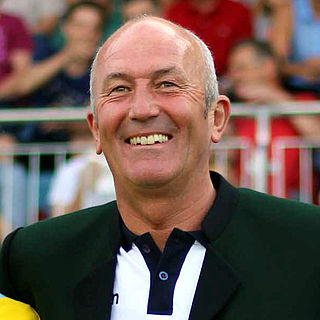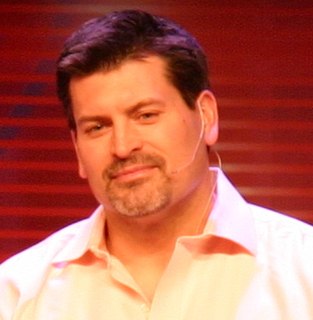A Quote by Claire Danes
I'm just always learning lines. I've learned to flag the really crucial scenes, and I start figuring them out and committing them to memory as soon as I get them.
Related Quotes
So you have the challenge of just learning the lines, period, and not only learning them, but learning them to the extent that you assimilate them, so that you're not worried about what the next word is coming out of your mouth when it comes to doing a scene. And you're also in the trenches with the writers, just in the wonderful kind of back and forth of how is it best to say something, even if it involves four or five words. I love that kind of thing.
I want to get out of the way of the actors. I want to get out of their eye lines. I want to them to stop thinking they're making a movie. I want them to just go and live. It's like you take these great actors and put them in an aquarium of life, and just watch them swim. That's what makes editing tough because you get all these beautiful, unplanned moments.
As soon as I start to write I'm very aware, I'm trying to be aware that a reader just might well pick up this poem, a stranger. So when I'm writing - and I think that this is important for all writers - I'm trying to be a writer and a reader back and forth. I write two lines or three lines. I will immediately stop and turn into a reader instead of a writer, and I'll read those lines as if I had never seen them before and as if I had never written them.
Funny bones, to me, are more important than funny lines. If a comedian is just not likable and doing the lines, you could read them yourself. Whereas if someone [you like] shambles out, and they tell you what a bad day they've had, they don't have to say anything. I love them. I want to hug them because they've been through something. And it comes back to empathy, always empathy.
The true end of education is not only to make the young learned, but to make them love learning; not only to make them industrious, but to make them love industry; not only to make them virtuous, but to make them love virtue; not only to make them just, but to make them hunger and thirst after justice.
I learned that sometimes our struggles are a little bit bigger than us and talking about them and coming through and having the courage to get out of them. I learned how many I touched and inspired through the journey of 'Idol' because I was just singing on the show. I wasn't really being an advocate for anything.
When you've only got few days of rehearsal before you're in the studio, it's wonderful to start off with people that you have good, friendly, tolerable relationships to start with, for the simple reason that you don't have to spend 24 hours figuring out how sensitive they are, and can you give them a line reading, or how do you have to give them direction.




































